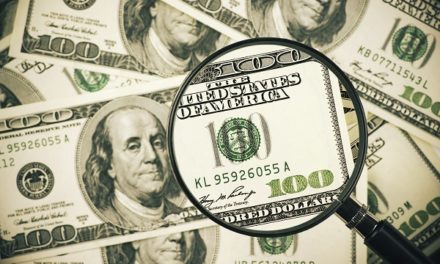
“I buy on the assumption that they could close the market the next day and not reopen it for five years.”
— Warren Buffett
The above quote from Warren Buffett is timeless, and brings into focus the choice about time horizon that any investor should think about before buying a stock they are considering. Behind every stock is an actual business; what will that business look like over a five year period?
Today, let’s look backwards in time to 2017, and take a look at what happened to investors who asked that very question about PepsiCo Inc (NASD: PEP), by taking a look at the investment outcome over a five year holding period.
| Start date: | 02/16/2017 |
|
|||
| End date: | 02/15/2022 | ||||
| Start price/share: | $108.12 | ||||
| End price/share: | $165.96 | ||||
| Starting shares: | 92.49 | ||||
| Ending shares: | 107.15 | ||||
| Dividends reinvested/share: | $18.82 | ||||
| Total return: | 77.83% | ||||
| Average annual return: | 12.20% | ||||
| Starting investment: | $10,000.00 | ||||
| Ending investment: | $17,781.33 | ||||
The above analysis shows the five year investment result worked out quite well, with an annualized rate of return of 12.20%. This would have turned a $10K investment made 5 years ago into $17,781.33 today (as of 02/15/2022). On a total return basis, that’s a result of 77.83% (something to think about: how might PEP shares perform over the next 5 years?). [These numbers were computed with the Dividend Channel DRIP Returns Calculator.]
Dividends are always an important investment factor to consider, and PepsiCo Inc has paid $18.82/share in dividends to shareholders over the past 5 years we looked at above. Many an investor will only invest in stocks that pay dividends, so this component of total return is always an important consideration. Automated reinvestment of dividends into additional shares of stock can be a great way for an investor to compound their returns. The above calculations are done with the assuption that dividends received over time are reinvested (the calcuations use the closing price on ex-date).
Based upon the most recent annualized dividend rate of 4.3/share, we calculate that PEP has a current yield of approximately 2.59%. Another interesting datapoint we can examine is ‘yield on cost’ — in other words, we can express the current annualized dividend of 4.3 against the original $108.12/share purchase price. This works out to a yield on cost of 2.40%.
More investment wisdom to ponder:
“You get recessions, you have stock market declines. If you don’t understand that’s going to happen, then you’re not ready, you won’t do well in the markets.” — Peter Lynch



